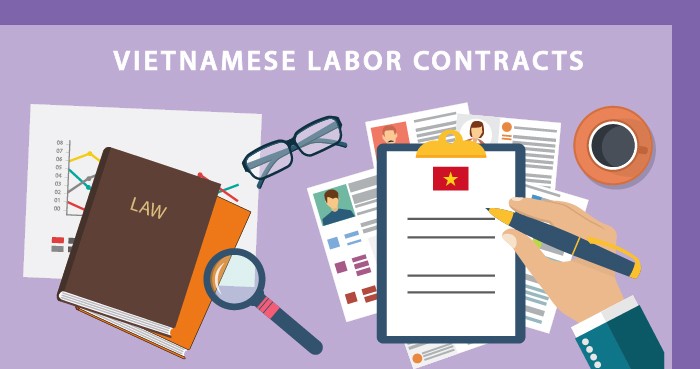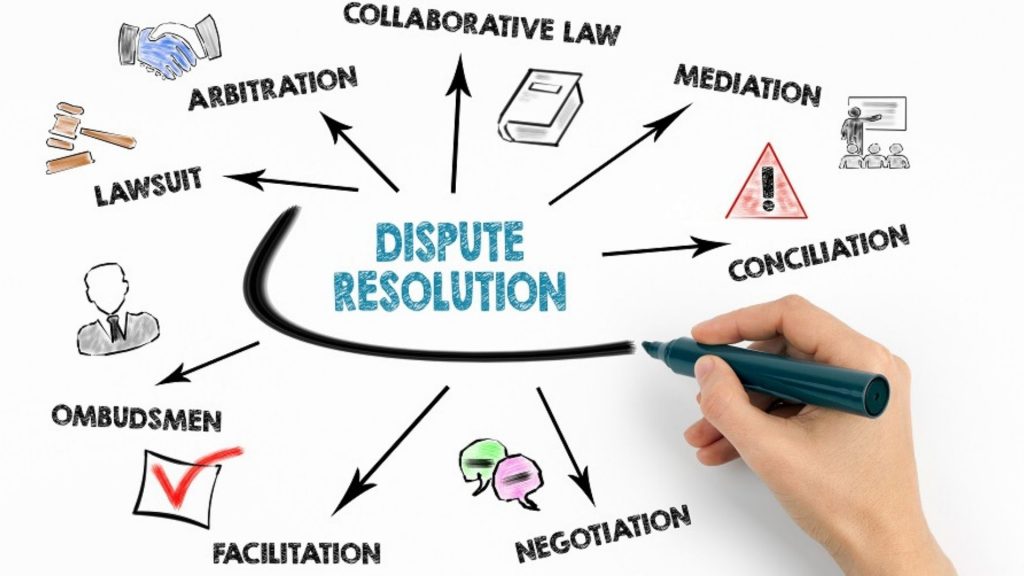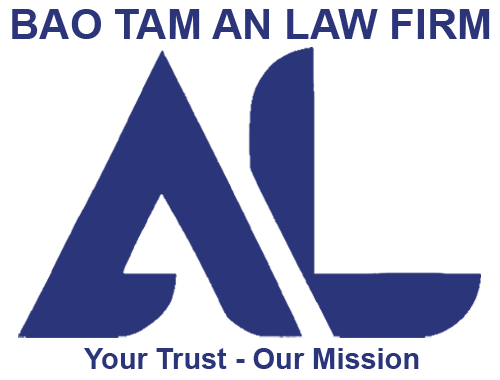Vietnamese Labor Law: What Employers Need to Know
As Vietnam continues to grow as a prime location for business and investment, understanding its labor laws is critical for employers looking to establish or expand their operations in the country. Vietnamese labor law sets forth the regulations that govern employment relationships, employee rights, and employer obligations. Familiarity with these laws ensures compliance, promotes healthy workplace dynamics, and minimizes the risk of disputes. This article outlines essential aspects of Vietnamese labor law that employers need to know, along with insights into compliance consulting services available to navigate these regulations.
Overview of Vietnamese Labor Law
The primary legal framework governing labor relations in Vietnam is provided by the Labor Code (currently enacted as Law No. 10/2012/QH13, with subsequent amendments). This code establishes the rights and responsibilities of both employers and employees, focusing on areas such as contracts, working conditions, compensation, and labor relations. Key objectives of the Labor Code include:
- Protecting employee rights and ensuring fair treatment in the workplace.
- Regulating labor relations to promote harmony between employers and employees.
- Establishing authority for labor unions representing worker interests.

Employer Obligations Under Vietnamese Labor Law
1. Employment Contracts
Employers are required to provide written employment contracts for all employees. Key aspects of employment contracts include:
- Types of Contracts: Contracts can be indefinite (permanent) or fixed-term, with specific provisions governing either type.
- Content Requirements: Contracts must clearly outline job descriptions, duties, salary, working hours, and benefits. Failure to provide written contracts or omissions in key terms can lead to disputes and liability for the employer.
2. Compliance with Minimum Wage Regulations
Vietnam sets minimum wage standards that vary based on regions and sectors. Employers must ensure compliance with these standards to avoid penalties.
- Minimum Wage Updates: Stay informed about changes in minimum wage regulations, as these can affect overall employee compensation and workplace policies.
3. Working Conditions and Hours
The Labor Code enforces specific regulations regarding working conditions:
- Standard Working Hours: The standard workweek is typically set at 48 hours, with daily work hours not exceeding eight hours unless exceptions are granted.
- Overtime Pay: Employees who work beyond established hours are entitled to overtime compensation, which is calculated at a higher rate as stipulated in the law.
4. Employee Rights
Employers have a legal obligation to uphold various employee rights, including:
- Leaves and Benefits: Employees are entitled to annual leave, sick leave, and maternity leave. Employers must provide these benefits in accordance with the Labor Code.
- Health and Safety: Employers must ensure a safe working environment and implement necessary health and safety measures to comply with occupational safety standards.

5. Social Insurance Contributions
All employers are required to register employees for social insurance, including health insurance, unemployment insurance, and pensions. Key points include:
- Social Insurance Rates: Employers must contribute a certain percentage of employee salaries to the social insurance fund, as well as ensuring employee involvement in the scheme.
- Employee Registration: Employers must facilitate the registration of all eligible employees and comply with any reporting requirements imposed by the local authorities.
The Role of Labor Consulting Services
Given the complexities of Vietnamese labor law, many employers benefit from engaging labor consulting services to ensure compliance and effective management of labor relations. Labor consultants provide expertise in several areas:
1. Legal Compliance
Labor consultants can help businesses understand their obligations under labor laws and ensure compliance with Vietnamese regulations. This assistance includes:
- Assessing Policies: Reviewing existing HR policies and procedures to ensure compliance with current labor laws and making necessary updates or adjustments.
- Training and Education: Providing training for HR personnel and management on labor law compliance and best practices for handling employee relations.
2. Document Preparation and Review
Consultants assist in drafting employment contracts and other essential documents to ensure they meet legal requirements. This includes:
- Employee Handbooks: Developing comprehensive employee handbooks that outline policies, procedures, and employee rights in compliance with labor laws.
- Employment Agreements: Offering templates for various types of employment contracts that protect the interests of both parties while adhering to legal standards.
3. Dispute Resolution
In case of labor disputes, compliance consultants can help facilitate resolution before they escalate. Strategies include:
- Mediation and Negotiation: Engaging in mediation efforts to resolve conflicts between employers and employees amicably, fostering a cooperative relationship.
- Legal Representation: If necessary, consultants can assist in finding qualified labor lawyers to represent an employer during negotiations or litigation.

Best Practices for Employers in Managing Labor Relations
To ensure positive labor relations and minimize potential disputes, employers should consider the following best practices:
1. Develop and Communicate Clear Policies
Establish robust, written HR policies that define workplace expectations, communication channels, grievance procedures, and disciplinary actions. Ensure these policies are communicated to employees effectively.
2. Promote Open Communication
Foster an open-door policy that encourages employees to voice concerns and provide feedback without fear of repercussions. Regular meetings and check-ins can enhance trust and collaboration.

3. Regular Training on Labor Laws
Provide ongoing training for management and HR personnel on Vietnamese labor laws and employee rights to ensure they understand their obligations and can handle issues effectively.
4. Conduct Periodic Audits
Perform regular audits of labor practices, contracts, and compliance with labor laws to identify potential vulnerabilities and mitigate risks before they escalate into disputes.
5. Engage Professional Support
Employing legal and HR consultants specializing in labor law can provide invaluable support, ensuring that businesses remain compliant and prepared to navigate any complexities that arise.
Conclusion
Navigating Vietnamese labor laws is essential for employers aiming to maintain compliance and foster positive employee relations. By understanding their obligations, engaging labor consulting services, and implementing best practices, businesses can ensure they are well-prepared to face the challenges of the labor market. Proactive management of labor relations not only protects the rights of employees but also supports the organization’s long-term success and sustainability. In Vietnam’s dynamic and evolving legal landscape, investing in legal expertise and compliance strategies is vital for any business aiming to thrive in this promising market.
